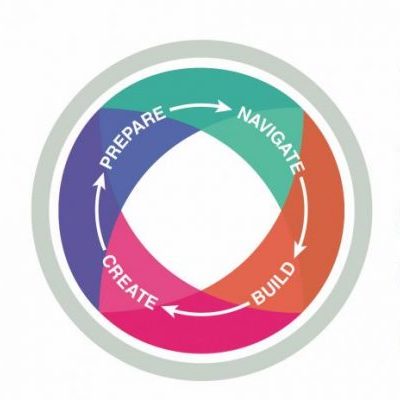
Intergroup Dialogue Project – Grad/ Postdoc Short Course
June 25, 2019 @ 10:00 am - 3:00 pm
- This event has passed.
This program could be for you if you want to:
- Connect more effectively with students, faculty, and colleagues.
- Prepare yourself to engage in diversity & inclusion processes in your future career as a scholar/professional.
- Explore your own social identities and learn how they relate to larger structures.
- Feel confident addressing power dynamics in your field.
- Learn how to respond to uncomfortable comments and situations.
- Engage in meaningful conversations about and across differences.
- Communicate productively through conflict.
- Collaboratively think about ways you can enact positive social change.
- Get to know a diverse group of scholars who are interested in similar topics!



